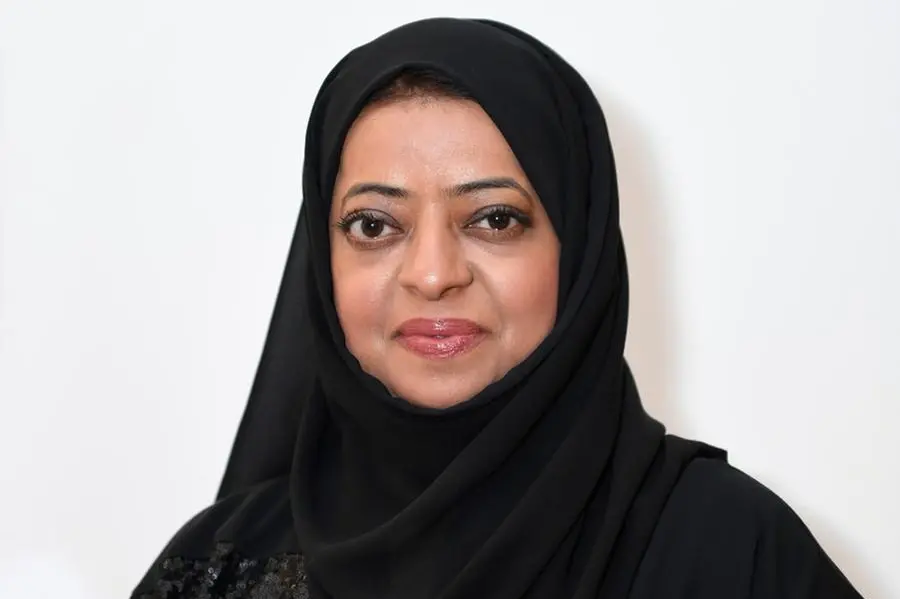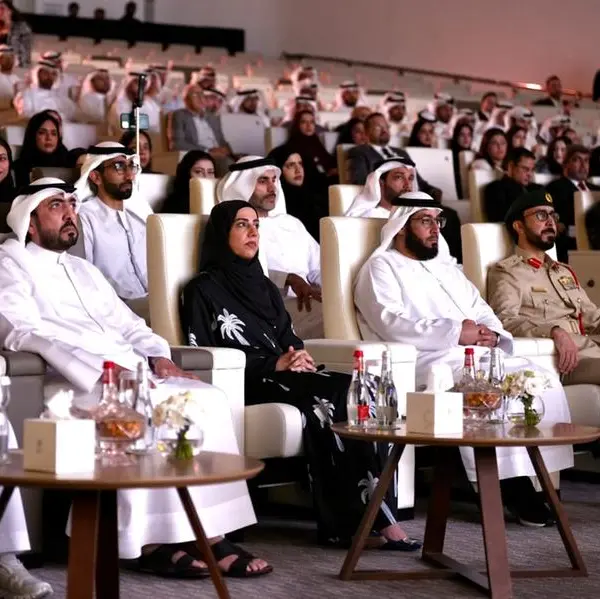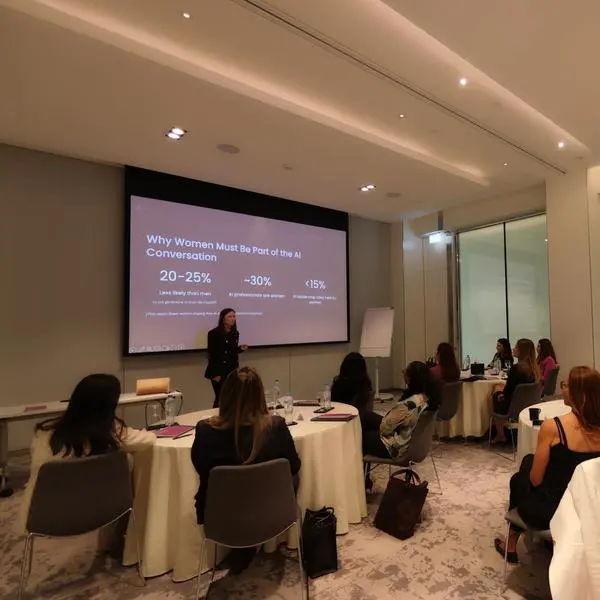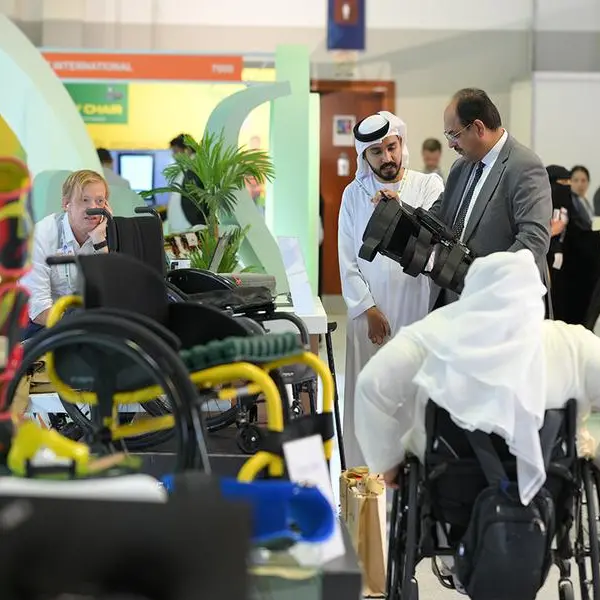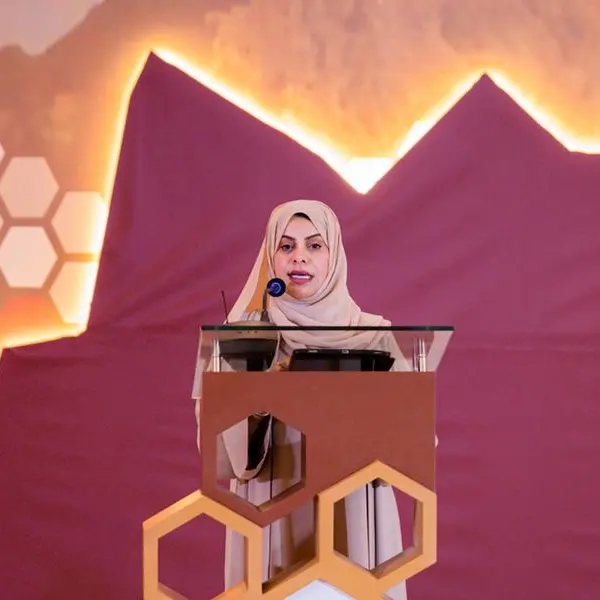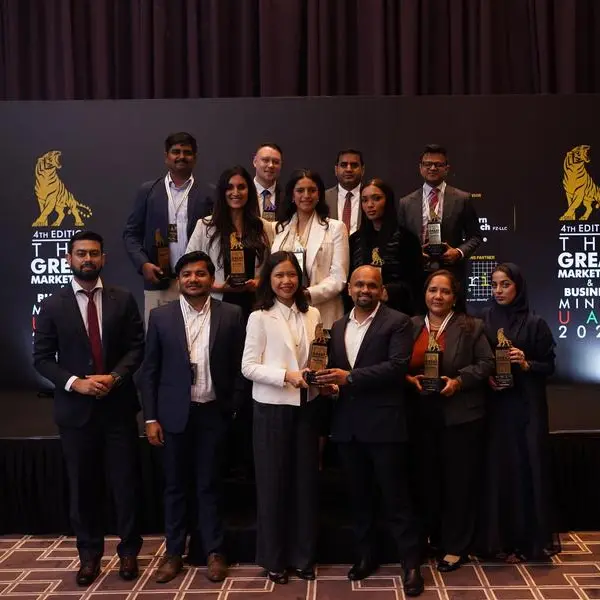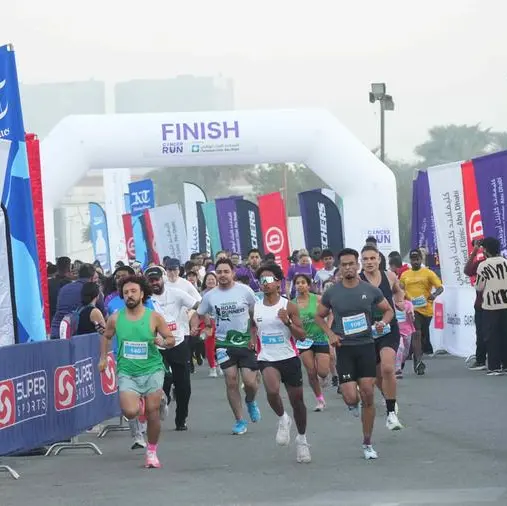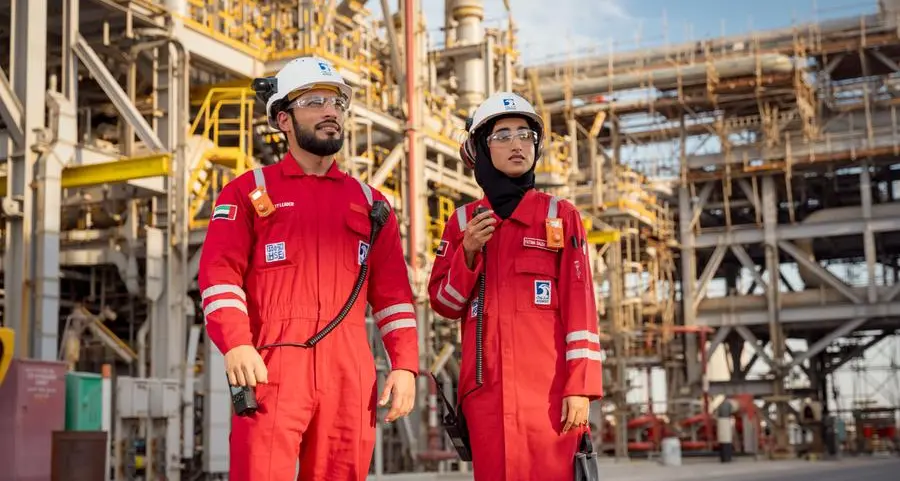PHOTO
- Fatma Al Jallaf: The festival injects new blood into the local theatrical movement
- 10 schools and educational institutions compete for the festival's prizes
Dubai, UAE: Dubai Culture and Arts Authority (Dubai Culture) has announced the preparations of the third edition of the Dubai Festival for School Theatre from 8 to 12 May at the Mohammed Bin Rashid Library Theatre, with the participation of 10 schools and educational institutions in Dubai, which will compete for a host of prizes. The festival aims to discover student theatrical talent, develop them and refine them in professional ways.
Through the Dubai Festival for School Theatre, Dubai Culture seeks to improve the artistic and aesthetic taste of theatre students and supervisors in Dubai schools and raise the level of its activities in it, as well as support emerging talent, urging them to continue the path of creativity, and encouraging them to produce various theatrical works as an artistic product. It seeks a cultural industry capable of keeping pace with societal developments, which contributes to creating a sustainable creative ecosystem that cements Dubai's position as a global centre for culture, an incubator for creativity and a thriving hub for talent.
Fatma Al Jallaf, Acting Director of the Performing Arts Department at Dubai Culture, affirmed the Dubai Festival for School Theatre’s role in supporting and encouraging emerging theatrical talent, saying: “The local theatre sector needs emerging talent to ensure its sustainability and continuity in producing artistic and theatrical projects that reflect the reality of our community and our heritage and highlight the richness of our cultural and artistic scene, which makes this festival a major artery capable of injecting new blood into the Emirati theatrical movement.”
Al Jallaf stressed that, through the festival, Dubai Culture seeks to strengthen the role of the theatrical sector in the country, and to create an artistic and creative environment capable of developing schoolers’ skills and pushing them to continue developing their passion for the performing arts. It is an encouraging step for all schools in the emirate and educational institutions to participate in performing arts forums, and to benefit from them by employing them in transforming curricular materials into dramatic scripts and visual scenes that help to consolidate them in the minds of students, and contribute to instilling educational and moral values and fueling the patriotic spirit.
Dubai Culture also revealed the jury members who will evaluate all plays within the festival, namely: renowned Emirati actor, author, and director, Marei Al-Halyan (head of the jury), artist and director Mohammed Saeed Al Salti (member), and artist Hassan Youssef Alblooshi (member). The festival will offer participants several awards, according to the participating educational stages (first - second – third cycles), including Best Integrated Theatrical Performance, Best Actor and Actress, Best Directing, Best Theatrical Script, and others.
Throughout its days, the festival will witness 10 theatrical performances, opening with Al Rayah High School - Girls, followed by Al Qeyam Girls School for Cycle 2, as well as Umm Suqeim Girls School, while the second day will witness performances by the Zayed Educational Complex - Al Barsha South, the Mohammed bin Rashid School for Secondary Education – Boys. The third day includes performances by Omar Bin AlKhattab School for Basic Education - Cycle Two and Al Lisaili Kindergarten and School - Cycles One, Two and Three for Girls, and Rashid Bin Saeed School - Cycle Three for Boys, while the fourth day will see performances by Al Alfiya Girls School for Basic Education - Cycle Two, and Mohammed Noor School for Basic Education for Boys. The fifth day of the festival, May 12, will have the closing ceremony and the announcement of the winners.
The Dubai Festival for School Theatre targets students from the fourth to the twelfth grade, and the conditions for participation in it include that the performances be group-based and presented in classical Arabic, their durations range between 15 and 45 minutes, and that their scripts take into account the customs and traditions of the local community.
-Ends-
